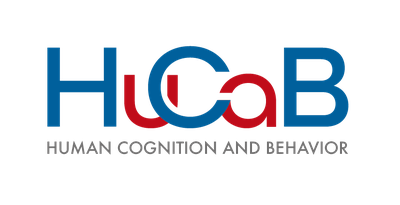Katharina Gangl, Eva Hofmann, Barbara Hartl and Mihály Berkics
The impact of powerful authorities and trustful taxpayers: Evidence for the extended slippery slope framework from Austria, Finland and Hungary
Policy Studies
Tax authorities utilize a wide range of instruments to motivate honest taxpaying ranging from strict audits to fair procedures or personalized support, differing from country to country. However, little is known about how these different instruments and taxpayers’ trust influence the generation of interaction climates between tax authorities and taxpayers, motivations to comply, and particularly, tax compliance. The present research examines the extended slippery slope framework (eSSF), which distinguishes tax authorities’ instruments into different qualities of power of authority (coercive and legitimate) and trust in authorities (reason-based and implicit), to shed light on the effect of differences between power and trust. We test eSSF assumptions with survey data from taxpayers from three culturally different countries ( N = 700) who also vary concerning their perceptions of power, trust, interaction climates, and tax motivations. Results support assumptions of the eSSF. Across all countries, the relation of coercive power and tax compliance was mediated by implicit trust. The connection from legitimate power to tax compliance is partially mediated by reason-based trust. The relationship between implicit trust and tax compliance is mediated by a confidence climate and committed cooperation. Theoretical and practical implications are discussed. Full Article Figures & data References Citations Metrics Licensing PDF ABSTRACT Tax authorities utilize a wide range of instruments to motivate honest taxpaying ranging from strict audits to fair procedures or personalized support, differing from country to country. However, little is known about how these different instruments and taxpayers’ trust influence the generation of interaction climates between tax authorities and taxpayers, motivations to comply, and particularly, tax compliance. The present research examines the extended slippery slope framework (eSSF), which distinguishes tax authorities’ instruments into different qualities of power of authority (coercive and legitimate) and trust in authorities (reason-based and implicit), to shed light on the effect of differences between power and trust. We test eSSF assumptions with survey data from taxpayers from three culturally different countries (N = 700) who also vary concerning their perceptions of power, trust, interaction climates, and tax motivations. Results support assumptions of the eSSF. Across all countries, the relation of coercive power and tax compliance was mediated by implicit trust. The connection from legitimate power to tax compliance is partially mediated by reason-based trust. The relationship between implicit trust and tax compliance is mediated by a confidence climate and committed cooperation. Theoretical and practical implications are discussed. ABSTRACT Introduction Method Results Discussion References Full Article Figures & data References Citations Metrics Licensing PDF ABSTRACT Tax authorities utilize a wide range of instruments to motivate honest taxpaying ranging from strict audits to fair procedures or personalized support, differing from country to country. However, little is known about how these different instruments and taxpayers’ trust influence the generation of interaction climates between tax authorities and taxpayers, motivations to comply, and particularly, tax compliance. The present research examines the extended slippery slope framework (eSSF), which distinguishes tax authorities’ instruments into different qualities of power of authority (coercive and legitimate) and trust in authorities (reason-based and implicit), to shed light on the effect of differences between power and trust. We test eSSF assumptions with survey data from taxpayers from three culturally different countries (N = 700) who also vary concerning their perceptions of power, trust, interaction climates, and tax motivations. Results support assumptions of the eSSF. Across all countries, the relation of coercive power and tax compliance was mediated by implicit trust. The connection from legitimate power to tax compliance is partially mediated by reason-based trust. The relationship between implicit trust and tax compliance is mediated by a confidence climate and committed cooperation. Theoretical and practical implications are discussed.


